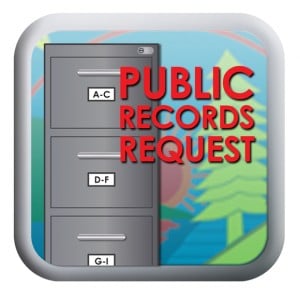The revamped Public Records Law takes effect on January 1, and employers should ensure that trained Records Access Officers (“RAOs”) are in place. RAOs play a critical role in assuring compliance with the stringent requirements of the revised law, which now carries the potential of attorney’s fees awards for non-compliance.
The new regulations automatically identify as RAOs the “municipal clerk” or the clerk’s designees and other employees previously authorized to make public records or information available to the public. A municipality’s chief executive officer can also appoint other RAOs. RAOs are expected to respond to a records request within 10 business days, including permitting public records within the RAO’s custody to be inspected or copied during regular business hours, without unreasonable delay. The regulations expect that an RAO’s “superior knowledge of the contents of a governmental entity’s files shall be used to assist in promptly complying with the request.” Failure to comply with the 10 business day response requirement will waive the municipality’s right to charge a fee for the records.
 Other duties of an RAO include coordinating a response to requests for public records, assisting those seeking public records in identifying the records requested, and assisting the custodian in preserving and managing public records. An RAO must prepare guidelines to be posted on the municipality’s website that enable requesters to make informed requests regarding the availability of records electronically or otherwise. The guidelines should include a list of categories of public records maintained by the agency/municipality that is updated periodically. The RAO is also required to post commonly available public records on a website maintained by the municipality for a period determined by the municipality.
Other duties of an RAO include coordinating a response to requests for public records, assisting those seeking public records in identifying the records requested, and assisting the custodian in preserving and managing public records. An RAO must prepare guidelines to be posted on the municipality’s website that enable requesters to make informed requests regarding the availability of records electronically or otherwise. The guidelines should include a list of categories of public records maintained by the agency/municipality that is updated periodically. The RAO is also required to post commonly available public records on a website maintained by the municipality for a period determined by the municipality.






